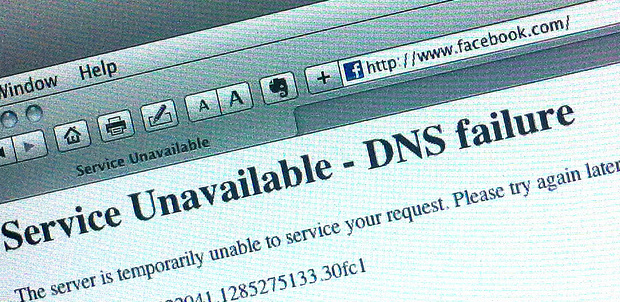British PM considers turning off social networks amid further riots

British Prime Minister David Cameron, in a statement to the House of Commons earlier today, made reference to and mooted the possibility that social media could be 'disrupted' or turned off if riots continue.
Services such as Facebook, Twitter and crucially BlackBerry Messenger -- which has been used by rioters and looters to organise disruption across the British capital and other cities in England -- could be restricted in a bid to prevent further violence; present day or in future warranted situations.

Speaking in the House of Commons, David Cameron said: "The free flow of information can be used for good. But it can also be used for ill".
"So, we are working with the police, the intelligence services and industry to look at whether it would be right to stop people communicating via these websites and services when we know they are plotting violence, disorder and criminality".
This comes on the same day that two men from Lancashire in the north of England have been charged over inciting others to commit violence over Facebook.
Home Secretary Theresa May is also to speak to the industry -- including Facebook, Twitter and the BlackBerry maker Research in Motion -- regarding social media's usage and responsibilities during the riots. She will discuss with Cabinet colleagues whether the police need "any other new powers" to deal with ongoing or future riots and widespread disorder.
Many MPs for the Liberal Democrats, the party in coalition with the current Conservative-majority government, are sceptical over the standing of civil rights and liberties if social media is disrupted.
Liberal Democrat Julian Huppert MP said that "clamping down" on networks could have serious effects, while David Cameron responded by noting that BlackBerrys and closed networks "needed to be looked at".
The Guardian discusses this further. Speaking to Jim Killock of the Open Rights Group, the prime minister "risked attacking the fundamental rights of free speech".
Conservative Tobias Ellwood MP said in Parliament that police should be given the option to switch off cell network masts "and other social networks" used to co-ordinate trouble, violence and disorder.
David Cameron's words may come as a surprise, considering it was Britain who was first to condemn the use of limiting social media in Egypt during the uprising earlier this year.
Related content:
- If technology is not to blame for the London riots, what or who is?
- BlackBerry Messenger 'used to perpetuate riots' in London
- CBS News: British riots exposing social media's dark side?
- CNET: RIM blog hacked in warning over London unrest
- ZDNet UK: Cameron hints at social media crackdown
- London riots: Understanding technology’s role in the thick of it
- RIM’s dilemma: BlackBerry fueled riots put core privacy principles at risk
- Facebook used to organize UK riots, clean them up
- Hacking becomes latest weapon in London riots (updated)